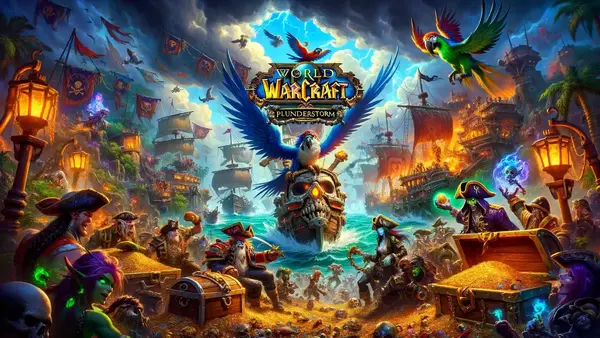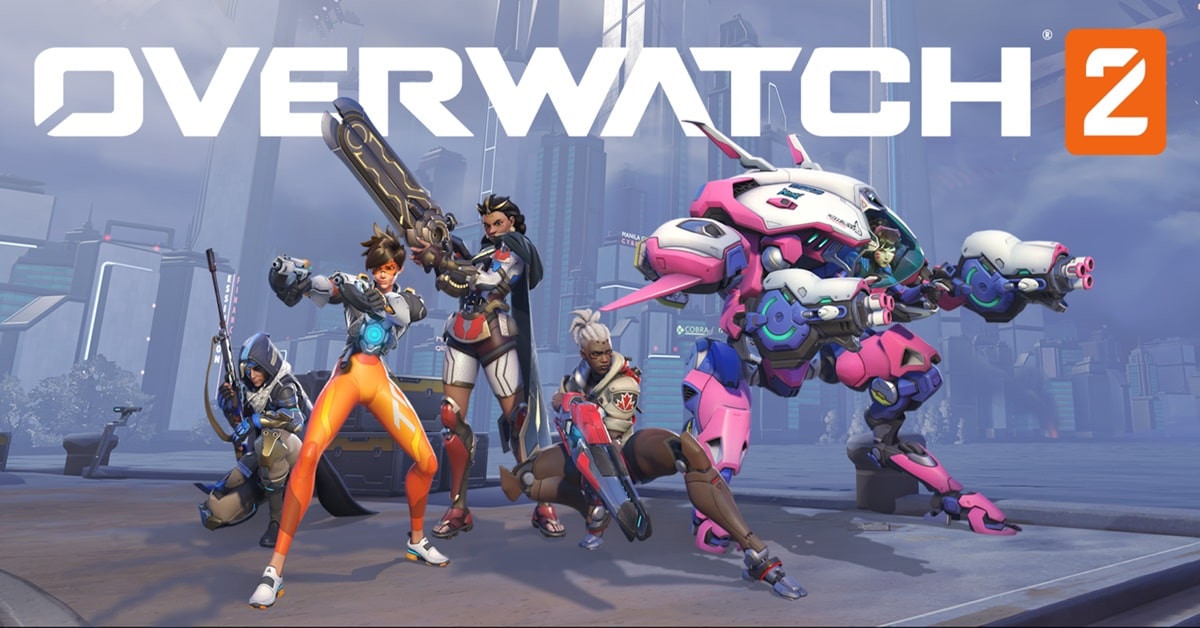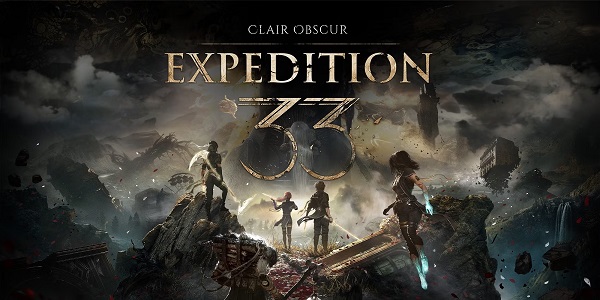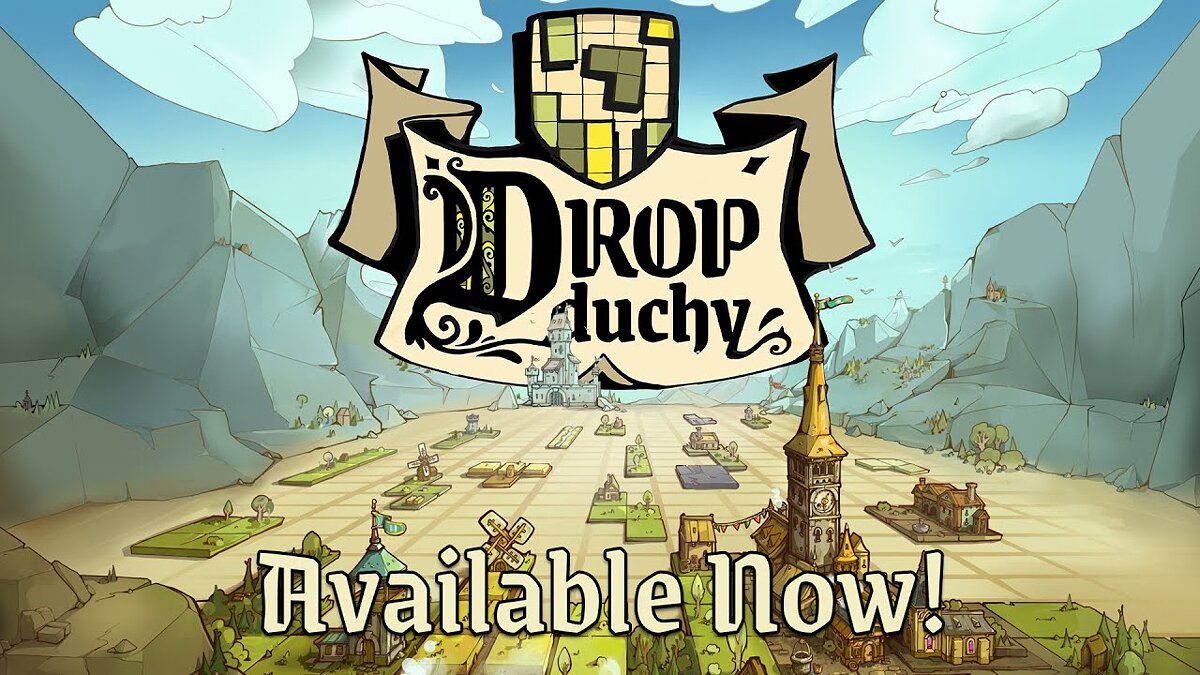Advertisement
Popular Now
Introduction
World of Warcraft (WoW), Blizzard's iconic MMORPG, has maintained a dedicated player base for nearly two decades. However, one persistent issue that plagues the game is economic inflation. As the in-game economy has evolved, the value of gold—the primary currency—has fluctuated wildly, affecting trade, gameplay, and the overall player experience. This article takes a deep dive into WoW’s economic inflation, analyzing its causes, consequences, and potential solutions.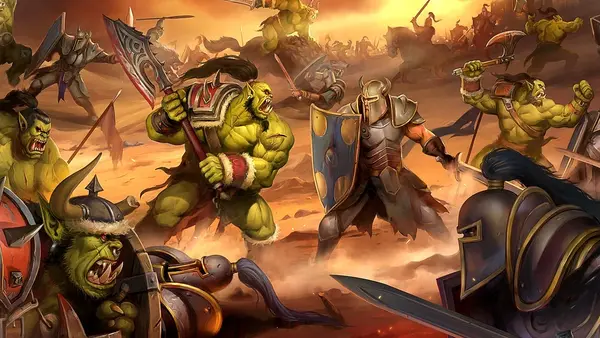
Understanding Economic Inflation in WoW
What is Economic Inflation in MMOs?
In MMOs, inflation refers to the devaluation of currency caused by an oversupply of gold or other resources, making goods and services more expensive over time.How WoW’s Economy Works
The in-game economy relies on players earning gold through quests, farming, and trading, which is then spent on consumables, equipment, and upgrades. Auction Houses play a central role in facilitating trade and reflecting market trends.Early WoW Economy: A Stable Beginning
Gold Scarcity in Vanilla WoW
In the game’s early days, gold was harder to earn, which kept inflation low. Players had to grind extensively to afford basic necessities like mounts and repairs.Simple Supply and Demand
Limited gold sources and fewer high-value items kept the economy relatively stable, with minimal inflation.The Advent of Gold Farming and Bots
Impact of Gold Farmers
Gold farming—where players or bots collect in-game currency to sell for real money—became prevalent, injecting massive amounts of gold into the economy.Automated Bots and Exploits
Bots running 24/7 in farming areas further accelerated inflation, as their activities flooded the market with resources and devalued gold.Expansions and the Inflation Surge
Higher Gold Rewards in Expansions
Each expansion introduced quests and activities with exponentially higher gold rewards, leading to a significant increase in gold circulation.Rare Items and Price Inflation
As more gold entered the economy, high-demand items like mounts, pets, and raid materials saw drastic price hikes in the Auction House.The Impact on Players
Challenges for New Players
For newcomers, inflation makes essential goods prohibitively expensive, creating a barrier to entry for key gameplay aspects.The Burden on Casual Players
Casual players who don’t farm or trade extensively struggle to keep up with rising prices, reducing their enjoyment of the game.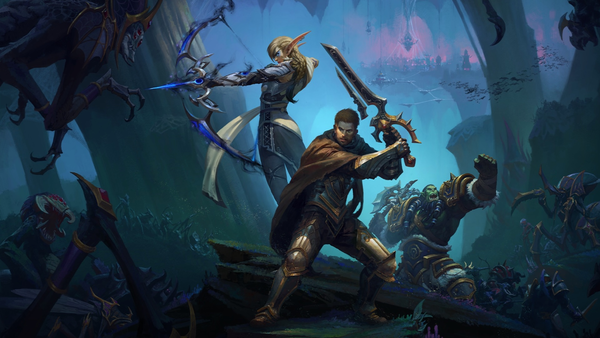
Gold Tokens and Blizzard’s Role
Introduction of WoW Tokens
Blizzard introduced WoW Tokens, allowing players to exchange real money for gold or game time, partially addressing inflation.Unintended Consequences
While Tokens provide a legal alternative to gold farming, they inadvertently increase inflation by further injecting gold into the economy.The Role of Inflation in Player Behavior
Shift in Playstyle
Many players now prioritize gold farming over traditional activities like questing or raiding, altering the game’s intended experience.Rise of Hyper-Competitive Trading
Inflation has intensified competition in the Auction House, favoring players with advanced trading strategies or deep knowledge of market trends.Community Reactions to Economic Inflation
Player Complaints
Forums and social media often feature complaints about skyrocketing prices, with many players calling for stricter controls on gold generation.Efforts to Counteract Inflation
Some players have formed guilds or trading networks to stabilize local economies and help newer members afford essentials.Can WoW’s Economy Be Stabilized?
Proposed Solutions
- Gold Sinks: Introduce more mechanics to remove excess gold from circulation, such as expensive mounts or unique consumables.
- Bot Control: Strengthen anti-bot measures to reduce automated farming and restore balance.
- Dynamic Pricing: Adjust quest rewards and gold drops based on market trends to prevent oversaturation.
Balancing Fun and Fairness
The challenge lies in implementing these changes without alienating players who rely on existing systems.Economic Inflation in MMOs: A Broader Issue
Other Games with Similar Problems
Inflation isn’t unique to WoW; games like Runescape and Final Fantasy XIV face similar challenges, offering lessons in managing virtual economies.The Future of MMO Economies
As MMOs evolve, developers must adopt proactive economic policies to maintain player satisfaction and long-term engagement.